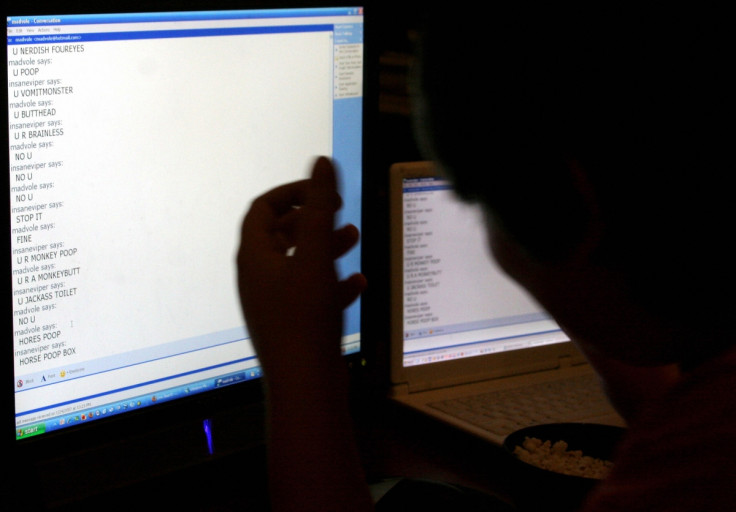Twitter (((echo))) symbol classed as hate speech after Jews targeted with harrassment

The Anti-Defamation League (ADL), a US-based anti-Semitism activist group, has added the triple parentheses or "(((echo)))" symbol to its database of online internet hate symbols. The symbol has been used by white supremacists in recent weeks to target Jews with hate speech.
Extremists have been using the symbols to highlight the names of those perceived to be Jewish and single them out for harassment both online and off. The tactic has been used by groups like alt-right, a tech-savvy, far-right online group operating in internet forums such as Reddit and 4chan.
ADL's decision to classify echoes as hate speech comes after Google pulled a browser extension for Chrome called Coincidence Detector that was being used by supremacist groups including alt-right to track Jews, by adding echo symbols around surnames perceived to be Jewish.
Over the past several weeks, it was used as part of a harassment campaign against journalists including Jeffrey Goldberg of the Atlantic, Jonathan Weisman of the New York Times, Julia Ioffe of GQ, Bethany Mandel of the New York Post, and Ben Shapiro of The Daily Wire.
Google eventually removed the extension after ruling that it was in violation of the company's hate speech policies. Jewish Twitter users have since adopted the symbol and placed parentheses around their usernames in a show of solidarity with those targeted by neo-Nazis and other extremists.
"The echo symbol is the online equivalent of tagging a building with anti-Semitic graffiti or taunting someone verbally," said Jonathan Greenblatt, ADL CEO. "We at ADL take this manifestation of online hate seriously, and that's why we're adding this symbol to our database and working with our partners in the tech industry to investigate this phenomenon more deeply."
ADL has now formed a Task Force on Harassment of Journalists aimed at addressing abuse.
The group said in a statement: "Building on ADL's decades of experience in monitoring and exposing hate and hate groups, as well as its central role in working with the Internet industry to address online hate, the Task Force will seek insights from a group of outside experts and from fields including journalism, law enforcement, academia, technology, and non-governmental organizations."
A survey commissioned by ADL in February 2016 concluded that nearly four in five young Israelis have encountered anti-Semitism online.
© Copyright IBTimes 2025. All rights reserved.





















